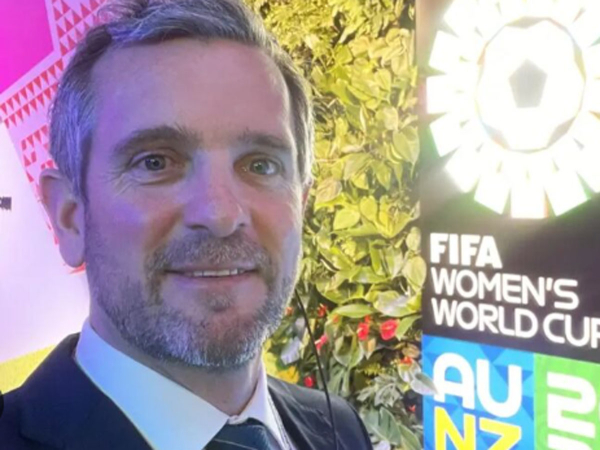[ad_1]

Mercer has won the consulting gig for the $470 million Central Lakes Trust (CLT), according to industry sources.
It is understood that Mercer and Australian firm, JANA, were vying for the coveted investment advisory role with a more than $300 million implemented consulting mandate reportedly up for grabs.
CLT, headed by former Otago Community Trust chief, Barbara Bridger, has to date invested in a diversified portfolio of funds advised by Melville Jessup Weaver, which does not offer an implemented product.
The trust holds the remainder of its $470 million of investment assets in Pioneer Energy shares.
Bridger joined as CLT chief this March following a stint leading the Otago Community Trust. The $315 million Otago trust also uses an implemented consulting approach, transitioning from a Russell Investments portfolio to Mercer in April, soon after Bridger left.
Also last week, Perpetual Guardian (PG) moved its investment process in line with FTSE Russell climate indices.
The PG investing arm, Perpetual Guardian Investments (or PGI, known as Openly until earlier this year), would now use the FTSE Russell Climate Transition Pathway Initiative (TPI) benchmarks, according to a statement.
Tim Chesterfield, PGI chief investment officer, said the group was the first wealth management group in Australasia to adopt the FTSE Russell TPI yardsticks.
“It means we are changing the investment direction for 1,700 unit holders to a climate-aware model which does not apply a blanket exclusionary policy,” Chesterfield said. “Rather, it rewards better behaviour with increased investment – companies are part of the solution.”
He said the FTSE Russell indices use both historical measures of factors such as fossil fuel reserves and “the forward-looking TPI Quality Management Score, which allows us to work with companies to address climate-related risk and governance and encourages positive change.”
PGI offers clients a choice of in-house managed funds, discretionary investment management services (DIMS) or non-discretionary customised portfolios. The group declined to reveal its assets under management “due to commercial sensitivity”.
Perpetual Guardian, which offers personal trustee and wealth management services, is majority-owned by Complectus. In turn, Complectus is held by the Andrew Barnes vehicle, Bath Street Capital.
In 2021, Complectus sold its two corporate trustee assets, Guardian Trust and Covenant, to the Hong Kong-based firm, Tricor.
Meantime, the head of an Australasian trustee company at one time slated to buy Complectus was bankrupted last week following a long-running battle with Chinese creditors. According to the Australian Financial Review, Phillip Kingston, co-founder of ‘disruptor’ trustee firm, Sargon Capital, was made bankrupt in a Sydney court over a A$154 million debt to a “Chinese financier”. Kingston had been battling Chinese government-owned insurance firm, Cbina Taiping over the debt since the messy collapse of Sargon early in 2020.
Launched in 2015 with the backing of controversial US technology entrepreneur, and absent NZ citizen, Peter Thiel, among others, Sargon embarked on a buyout splurge of Australian superannuation administration and trustee companies. Just two years later, Sargon made a $200 million plus bid to buy Complectus via Bath Street Capital that fell apart, triggering acrimonious legal disputes.
But in 2018, the Kingston-led company spent upwards of $20 million to buy a small trust company and a minor licensed supervisor, Heritage Trustees, to take a foothold in the NZ market. Sargon was sold in 2020 to Australian private equity interests with the business now known as Certane.
[ad_2]
Source link





















